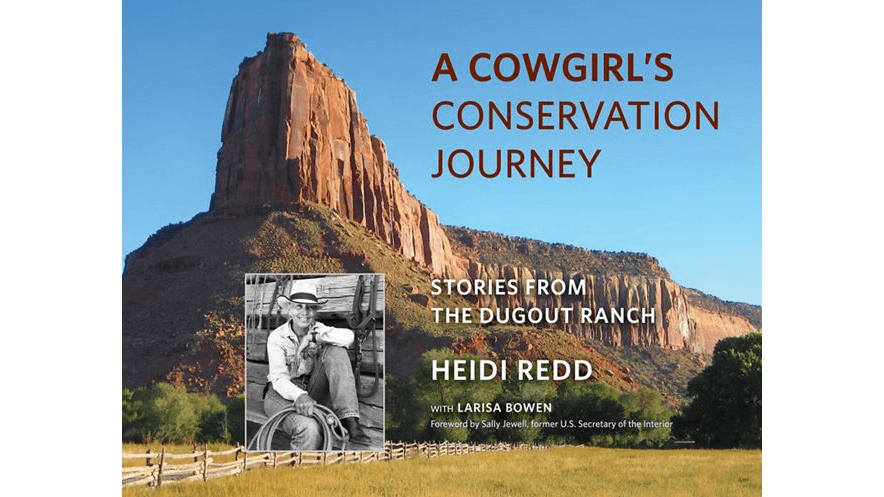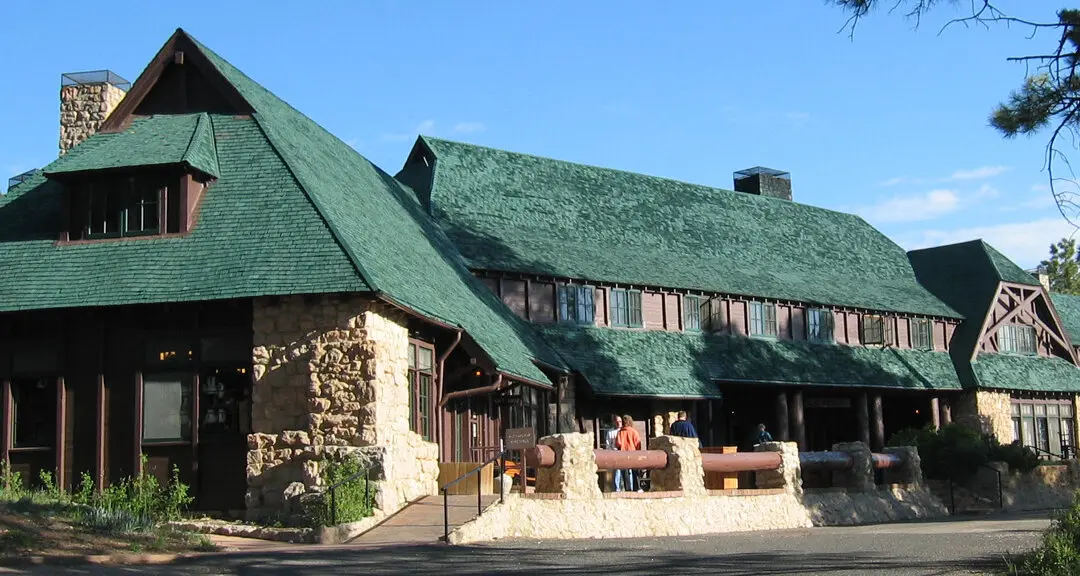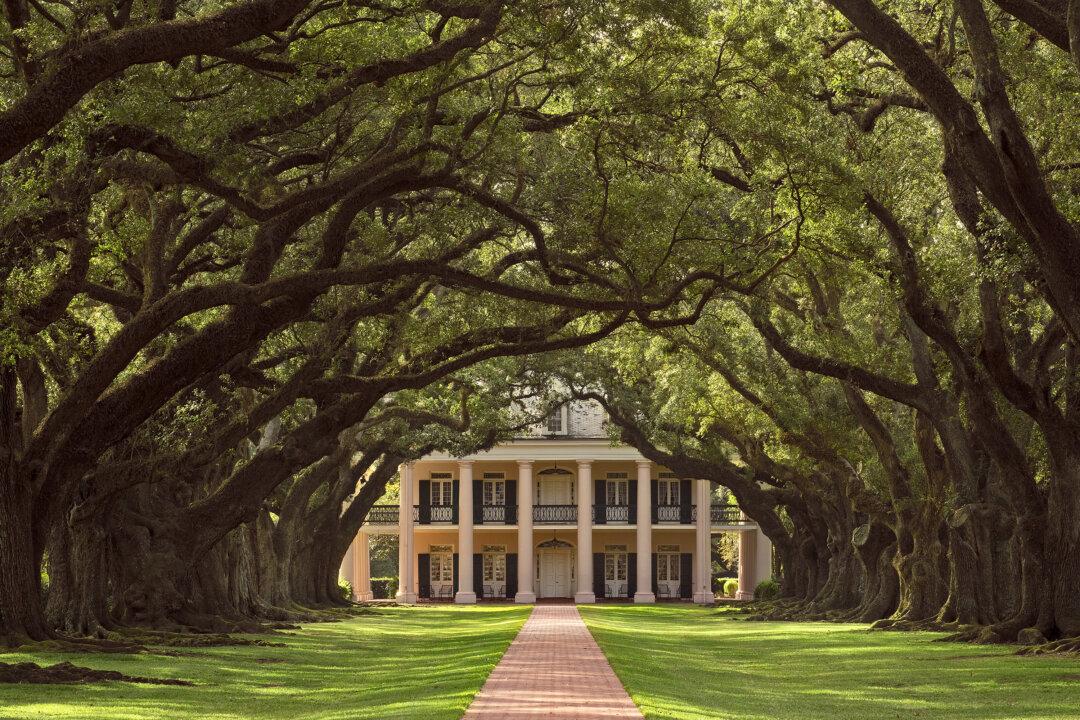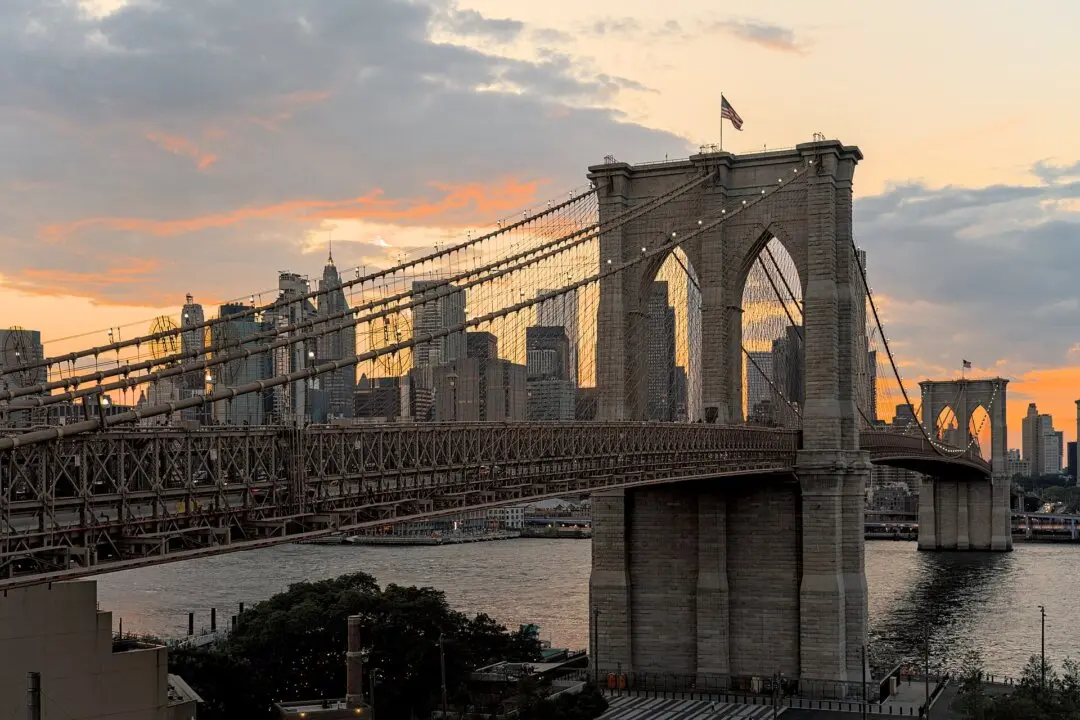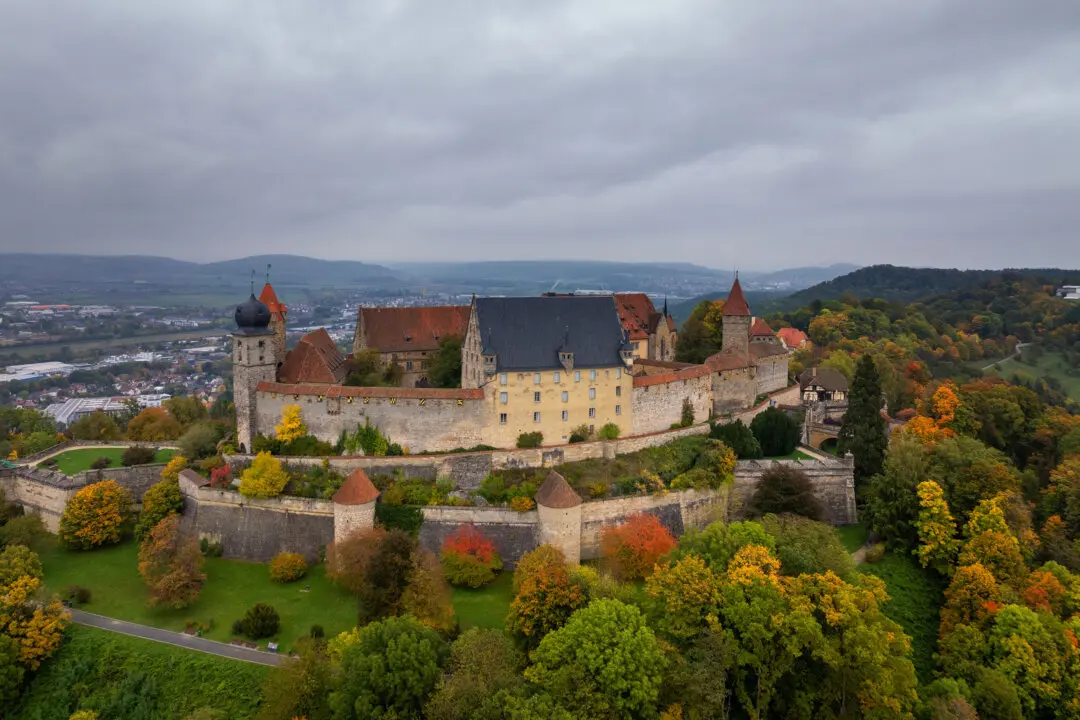Perhaps nothing signifies the essence of Americana like cowboys and ranches. And, while that lifestyle seems to have disappeared in the high-tech, fast-paced 21st century, it is very much alive and well in many Western states.
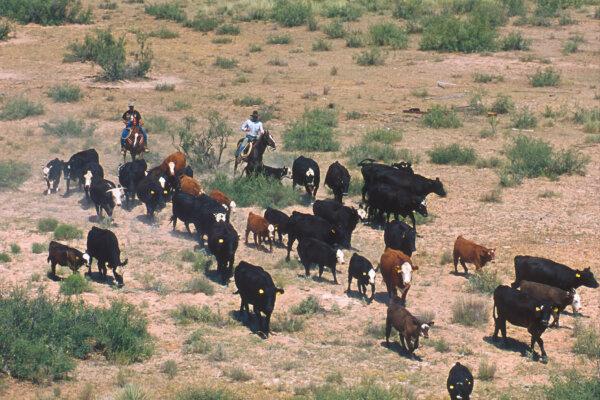
A cattle drive in New Mexico. Public Domain

